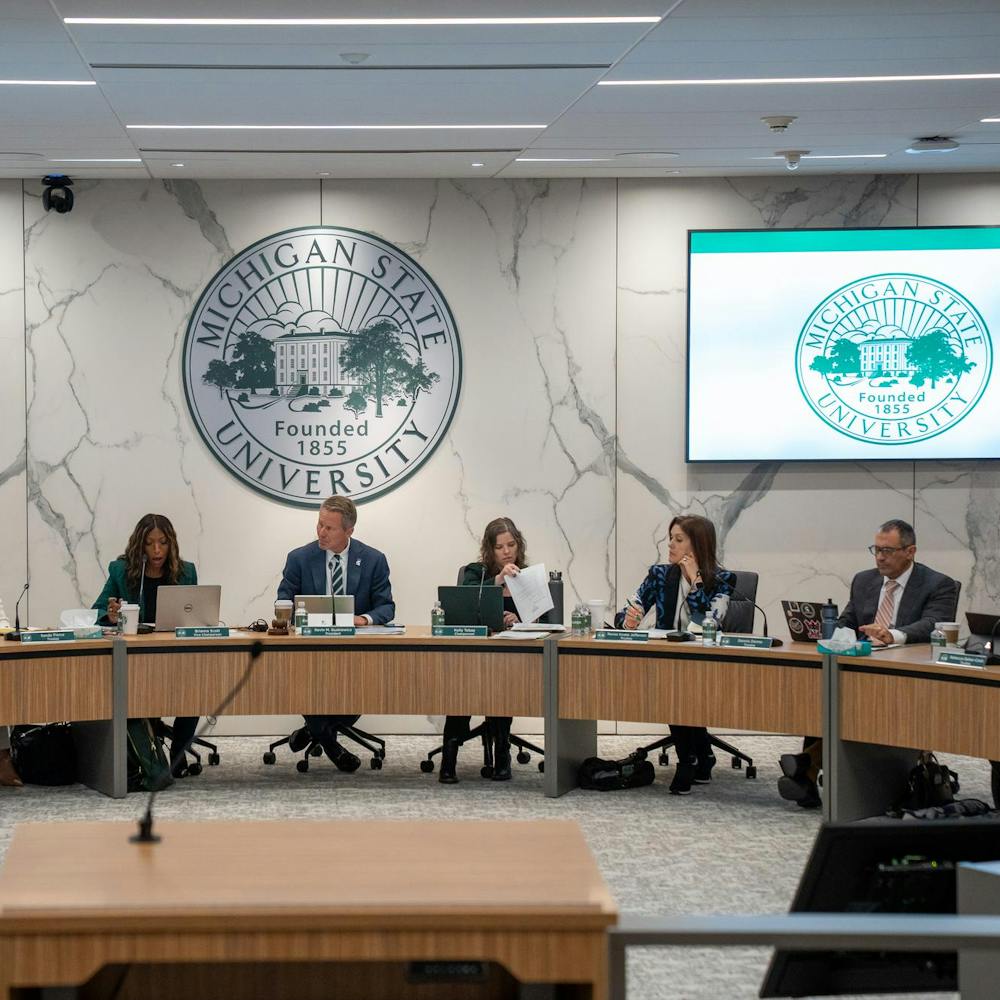As thousands of Americans, including MSU students, gathered in Washington, D.C., to protest the building of the Keystone XL Pipeline on Feb. 17, the debate really boiled down to one question: Environment or economy?
On one hand, the Keystone Pipeline would provide a substantial amount of oil to a country that desperately needs it. It also would create jobs and aid the U.S. on its quest for independence on foreign oil.
On the other hand, the jobs created might be temporary.
Also, the pipeline would supply tar-sand oil, which is acknowledged to be one of the most harmful types of oil to the environment.
Many high-ranking individuals at MSU and throughout the country support transitioning from fossil fuels to alternative sources, such as wind or solar power. But the issue isn’t as simple as one or the other.
It’s not practical to immediately and unilaterally make the switch away from oil and other fossil fuels. People still need oil and will continue to need oil until a practical alternative can be found.
The 830,000 barrels of oil per day the pipeline is projected to supply presumably would help curtail the steady rise in gas prices consumers are experiencing. And importing that much Canadian oil means importing that much less Middle Eastern oil.
Furthermore, while the economy has rebounded significantly since the crash in 2008, many people still are without work.
Even if the jobs the pipeline project creates are temporary, that still would be an improvement to the current situation.
That’s not to say the potential environmental ramifications aren’t worth considering.
President Barack Obama cited climate change and the environment as major concerns in his second inaugural address in January, and the potential environmental impact of the pipeline is why Obama has delayed the project for as long as he has been able to.
Obama faces a chance to define his legacy, at least in part. By blocking construction of the pipeline, he would go down as the first world leader to take such a high-profile stand on behalf of the environment and the issue of climate change.
But he has to weigh that against the economic consequences of blocking the pipeline.
Energy prices already are high. The fact is there are energy needs that must be met, and this pipeline would help address those needs.
Is it a perfect solution? No, but the perfect solution doesn’t exist right now.
Until it does, the economic realities dictate we move forward with what we have.
Support student media!
Please consider donating to The State News and help fund the future of journalism.
Discussion
Share and discuss “Keystone Pipeline logical undertaking” on social media.






